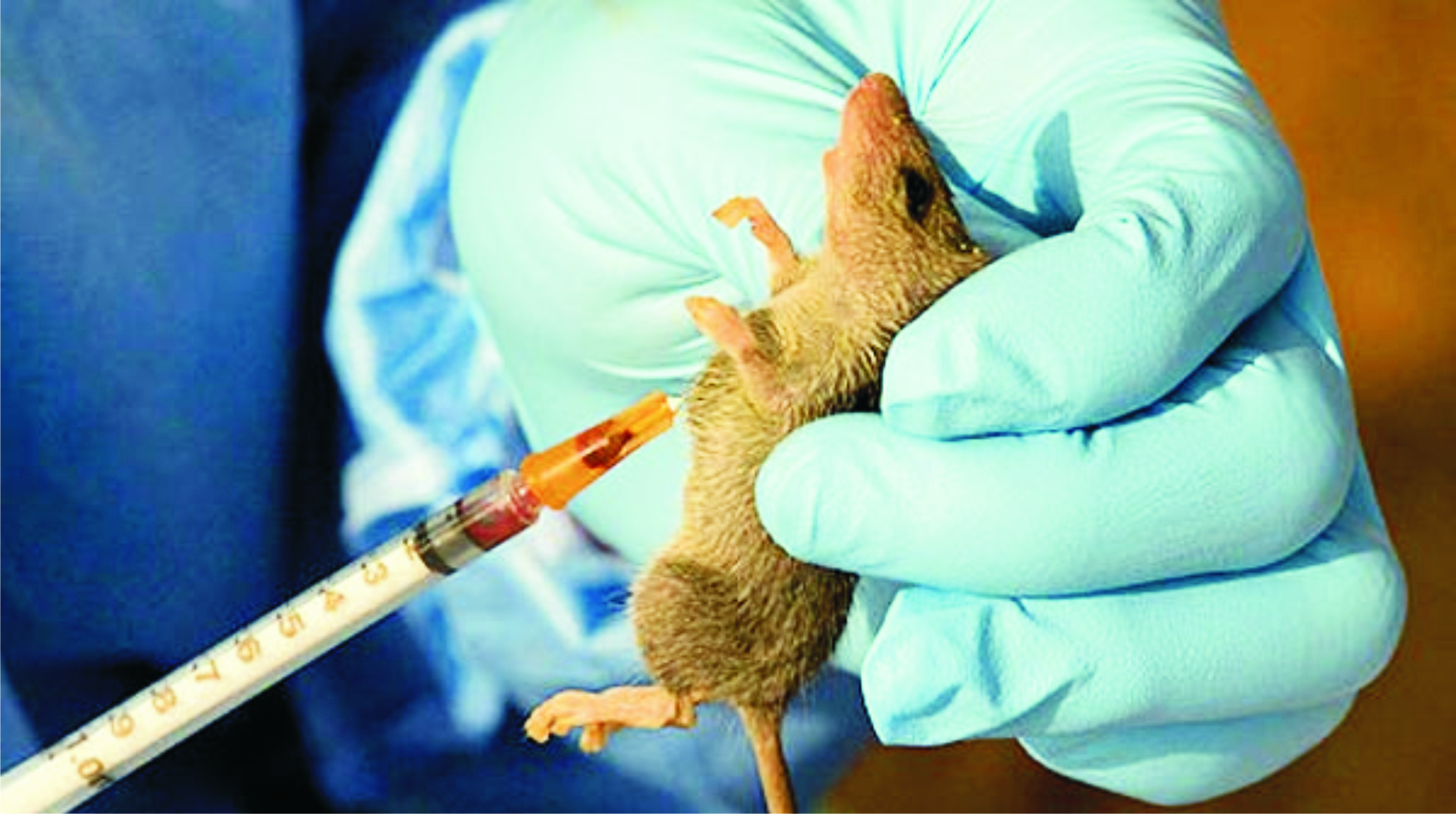 As Nigeria battles to control the spread of the Lassa fever virus, it now has something else to worry about, and that is how to stop the novel corona virus from getting unto its shores.
As Nigeria battles to control the spread of the Lassa fever virus, it now has something else to worry about, and that is how to stop the novel corona virus from getting unto its shores.
Health authorities are not taking chances and have taken far reaching measures to stop it from coming in. Both outbreaks of the Lassa and corona virus are quite devastating and deadly.
Lassa fever is an acute viral hemorrhagic fever caused by the lassa virus. Humans usually become infected from exposure to urine or faeces of infected
multimamate rats.
“It could spread between humans easily through direct contact with blood, urine, faces or other bodily secretions of an infected person.
Incubation period of the lassa virus infection is believed to be between 6-21 days”
So far Lassa fever has resulted in more than 10 deaths, 81 confirmed cases, and about 300 suspected cases across seven states in Nigeria
The Corona virus is not so different, and according to the centre for disease control, but could be classified as zoonotic, which means they can
be transmitted from animals to humans.
“The virus can make people sick usually with a mild to moderate upper respiratory tract illness similar to the common cold.
Corona virus symptoms include runny nose, cough, sore throat, possibly a head ache and maybe a fever which can last for a couple of days, with
difficulty in breathing, high fever and lung lesions.

Sever cases can lead to pneumonia, kidney failure and death” The incubation period which is the time from exposure to the onset of symptoms is believed to be about two weeks.
More than 17 deaths have been recorded as a result of infection from the Corona virus with 500 more infected in china, Thailand, japan, Taiwan,
South Korea and the united states.
Nigeria has put its Nigerian health agencies and the port health authorities on high alert especially at entry points in order to screen passengers on entry from china.
The Nigeria centre for disease control has advised the public to adhere to the following measures for these diseases: washing hands regularly with soap under running water, covering your mouth and nose properly with a handkerchief when sneezing or coughing and avoiding contacts with anyone showing symptoms of respiratory illness
The public is also warned against coming in contact with bodily fluids from people with symptoms, avoiding self medication, cooking eggs and meat
properly before eating and reporting to the nearest medical facility when symptoms occur.





